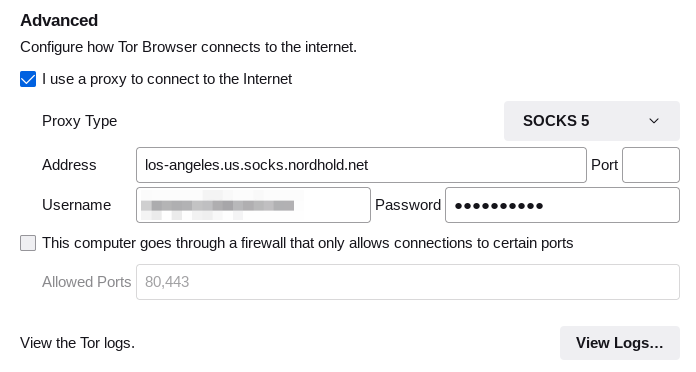T-Mobile (and other mobile providers, they're not unique in this) disallow Tor. It will simply sit there and not let you connect.
What you need to do, and I used my VPN for this, is configure a proxy. If you do that, you can connect.
This isn't just applicable to Linux users, surely. I'm sure this will work for anyone tethered to a T-Mobile connection. You also don't need a paid VPN for this. There are a zillion free proxy servers out there, and pretty much any of them should work - unless they too block Tor. If that's the case, just pick another one.
Sadly, from my research, a number of mobile providers disallow Tor access. So, now you can bypass that if you want.

 linux-tips.us
linux-tips.us
This article is only going to appeal to a small subset of people, but I think it was worth sharing. Feedback pleases me...
What you need to do, and I used my VPN for this, is configure a proxy. If you do that, you can connect.
This isn't just applicable to Linux users, surely. I'm sure this will work for anyone tethered to a T-Mobile connection. You also don't need a paid VPN for this. There are a zillion free proxy servers out there, and pretty much any of them should work - unless they too block Tor. If that's the case, just pick another one.
Sadly, from my research, a number of mobile providers disallow Tor access. So, now you can bypass that if you want.

How To: Access Tor While Using T-Mobile • Linux Tips
Today's article is going to be a fairly trivial article, one aimed at specific people, where you'll learn how to access Tor while using T-Mobile.
This article is only going to appeal to a small subset of people, but I think it was worth sharing. Feedback pleases me...

